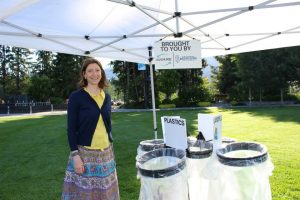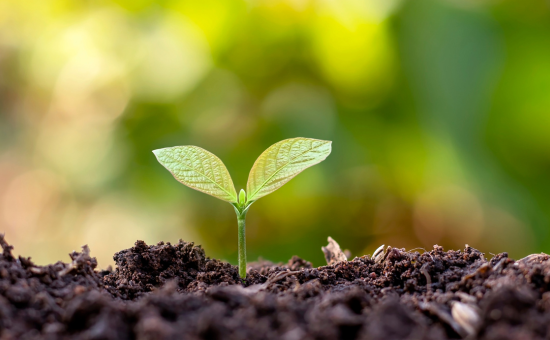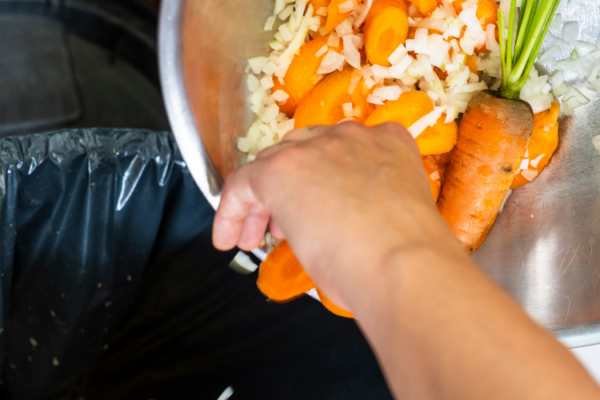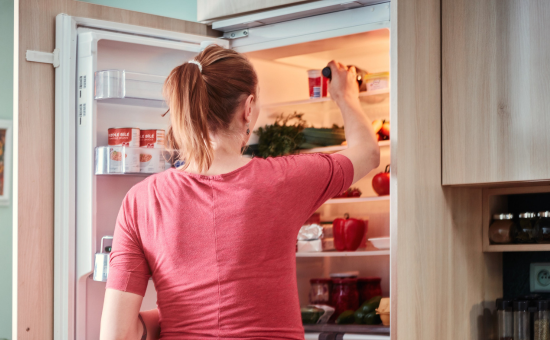 The Whistler Half Marathon approached AWARE for assistance increasing their waste segregation and landfill diversion at the fifth annual event. AWARE provided the half marathon with four volunteer run Zero Waste Stations (ZWS), which were set up in the Whistler Olympic Plaza, the starting and finishing point for all racers. Each ZWS contained bins similar to those found at the recycling depots in Whistler and around the province, consisting of: compost, plastics, metals, paper, cardboard, soft plastics and landfill waste. Many station users felt comfortable separating their post run snacks while others welcomed help from the station volunteers. Through providing this ZWS in partnership with Regional Recycling the Half Marathon diverted 66.6% of their waste from the landfill. AWARE looks forward to partnering with the event again next year and further improving upon diversion levels.
The Whistler Half Marathon approached AWARE for assistance increasing their waste segregation and landfill diversion at the fifth annual event. AWARE provided the half marathon with four volunteer run Zero Waste Stations (ZWS), which were set up in the Whistler Olympic Plaza, the starting and finishing point for all racers. Each ZWS contained bins similar to those found at the recycling depots in Whistler and around the province, consisting of: compost, plastics, metals, paper, cardboard, soft plastics and landfill waste. Many station users felt comfortable separating their post run snacks while others welcomed help from the station volunteers. Through providing this ZWS in partnership with Regional Recycling the Half Marathon diverted 66.6% of their waste from the landfill. AWARE looks forward to partnering with the event again next year and further improving upon diversion levels.
While Canadians have been recycling the usual suspects for a while now, compost is new on the scene to many and can cause confusion. One of the most common questions ZWS volunteers get asked is:
“Why divert compost from the landfill, won’t it break down just the same?”
When compost begins to breakdown in a landfill it can be quite troublesome and therefore is very important to keep out. The Recycling Council of British Columbia (RCBC) states, “landfilled organic waste – especially food waste – contributes directly to global warming as the methane generated by rotting organics in landfills is a greenhouse gas 21 times more potent than CO2 (i.e. vehicle exhaust)”. The moisture generated from excess organics can significantly impact surface and ground water by seeping into the water table. So instead of trapping this valuable resource underground to cause havoc let’s turn it into high quality compost fit to fuel the flora around us and the food we love.
Recycling and composting can be confusing, but it doesn’t have to be. There are many resources out there to help you, here are a few:






